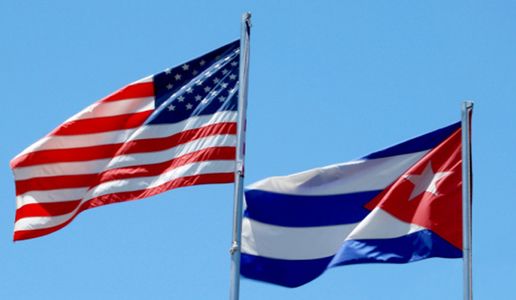Wippl in Miami Herald on Sharing Intelligence With Cuba
Joseph Wippl, Professor of the Practice of International Relations at the Frederick S. Pardee School of Global Studies at Boston University, was recently interviewed on the trade-regulation debate over President Barack Obama’s new 12-page directive on trade and travel to Cuba that also contains a provision that instructs the U.S. director of national intelligence to cooperate with Cuban intelligence services.
Wippl was quoted in an Oct. 20, 2016 article in The Miami Herald entitled “New Trade-Regulation Debate: Should the U.S. Share Intelligence with Cuba?”
Joseph Wippl, a former Central Intelligence Agency officer who spent 30 years in the agency’s National Clandestine Service, said that was not the case today. Cuba no longer poses a serious threat to the United States, he said.
“I think probably the intelligence relationship we’d have with Cuba is like the one we have with Russia,” he said. “Will they continue to spy against us? I would think so. Would we continue to spy against them? I would think so.”
Despite that adversarial relationship, U.S. Secretary of State John Kerry and Russian Foreign Minister Sergei Lavrov have agreed to share intelligence on Islamic State militants. Wippl, who teaches intelligence studies at Boston University, sees a similar scenario in which the United States shares information on a limited basis in specific areas, such as counternarcotics.
